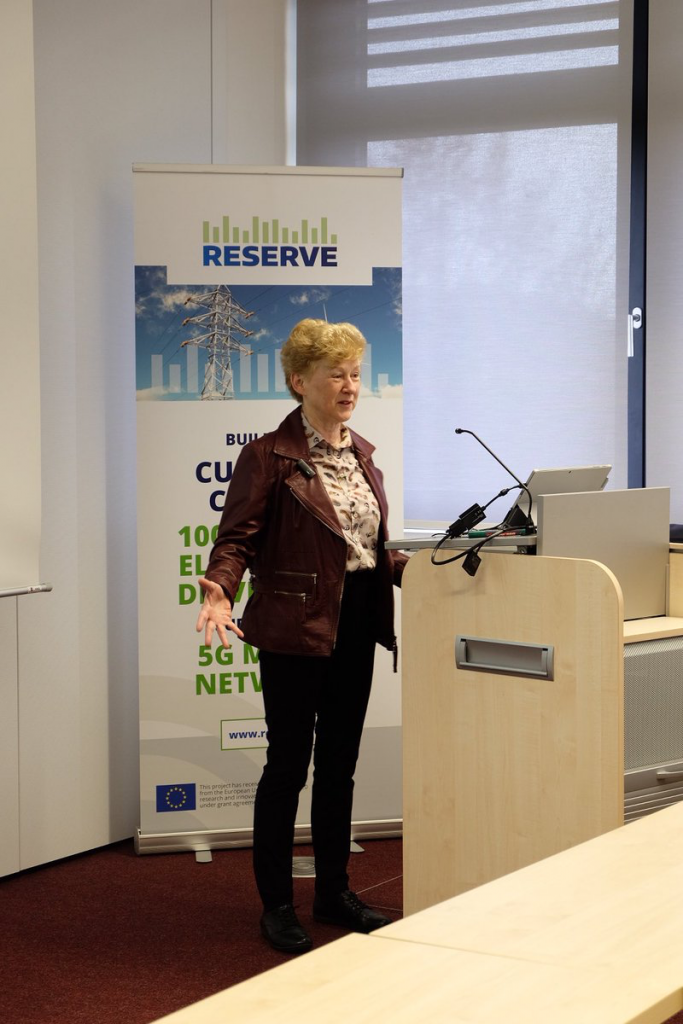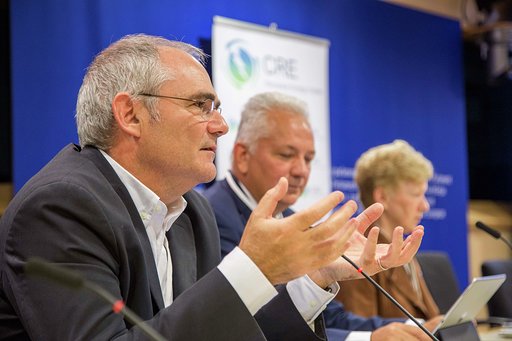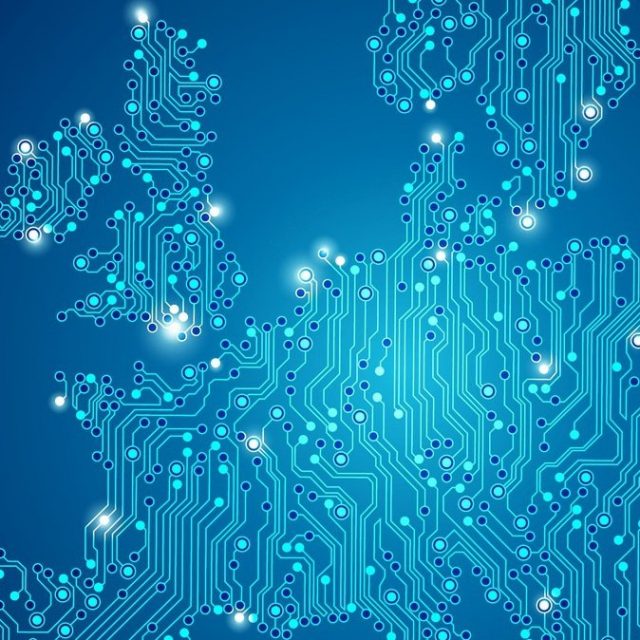The EU has been urged to set more ambitious targets for renewables in meeting Europe’s future energy needs.
Speaking at a recent conference in the European Parliament, Mihai Paun, of the Romanian Energy Centre, said he believes a 100 per cent target is possible by the year 2030.
At present, the EU has set a target of 32 per cent for renewables in the energy mix by 2030.
However, the conference was told more ambitious targets were needed in order to tap into the “unlimited potential” presented by renewable energy.
The conference was given the results of a 3 year project, called RESERVE, and part funded by the Commission, which has looked into Renewable Energy Sources, or RES.
Speaking at a news briefing just ahead of the half day conference, Fiona Williams, project coordinator, agreed on the need for higher targets, saying she hopes the message will get through to decision makers at EU and national level along with transmission operators throughout Europe.

Ms. Williams said, “These results are very compelling. We have provided the right results at the right time.
“I believe that RES can and will play a very significant role in the future in terms of meeting Europe’s energy needs.”
The project involved various field trials in EU countries, including Romania, Ireland and Germany.
Future energy systems will use renewable energy sources to minimise CO2 emissions, the news conference in parliament was told.
Currently large generators powered by fossil fuel turbines maintain the stability and quality of energy supplies through their “inertia.”
The inertia of these generator-turbine groups gives providers a “significant” time window in which to react to network events.
Paun, vice president of Romanian Energy Centre, said, “We urgently need to find ways to stabilise energy systems with up to 100% RES where inertia is often lost due to power converter mediated energy transfer to generate “RESERVEs” so that society can relax in the knowledge that it has a stable and sustainable energy supply.”
Antonello Monti, technical director of the RESERVE project, said the initiative will address this challenge by researching new energy system concepts, implemented as new system support services enabling distributed, multi-level control of the energy system using pan-European unified network connection codes. Near real-time control of the distributed energy network will be enabled by innovative 5G based ICT.
RESERVE brought together a balanced network of industrial partners, renowed universities and three SMe’s. The partners were regionally distributed over 4 European countries.
Energy system use case scenarios supplied by energy providers will form the basis of energy system models, the conference was told.
Performance characteristics of the new control mechanisms will be investigated through integration of energy simulations and live 5G communications.
RESERVE will create a pan-European multi-site simulation test-bed, bringing together the best facilities in Europe.
The results, noted Ms. Williams, include published models of system support services, innovative architectures for the implementation of the services, performance tests on our pan-European real-time simulation, and live, test-beds, a model for pan-European unified network connection codes and actions to promote results to standardisation organisations, all of which maintain the RESERVE in energy systems.
Commercialisation of results will result in breakthroughs in the efficient utilisation of use of RES, a spin-off and a wide range of enhanced professional solutions and services.
The full implementation of a carbon tax will help contribute to the cost of financing the project recommendations, it was said.

Mr Paun said, “I am confident this (up to 100 per cent renewables) can be achieved and, if it is, then it will be for the benefit of all citizens everywhere.”
Professor Monti said: “Future grids will be customer-centric infrastructures: end-users now prosumers will interact with grid operations. RESERVE will define how the technical interaction should happen.The end goal is to create a flexible and secure system ready for a carbon-free society.”
The message to emerge from the conference, “The role of European citizens in securing the smart grid,” was that it is now up to policymakers and industry to ensure that the results of the RESERVE project are put into practice.




